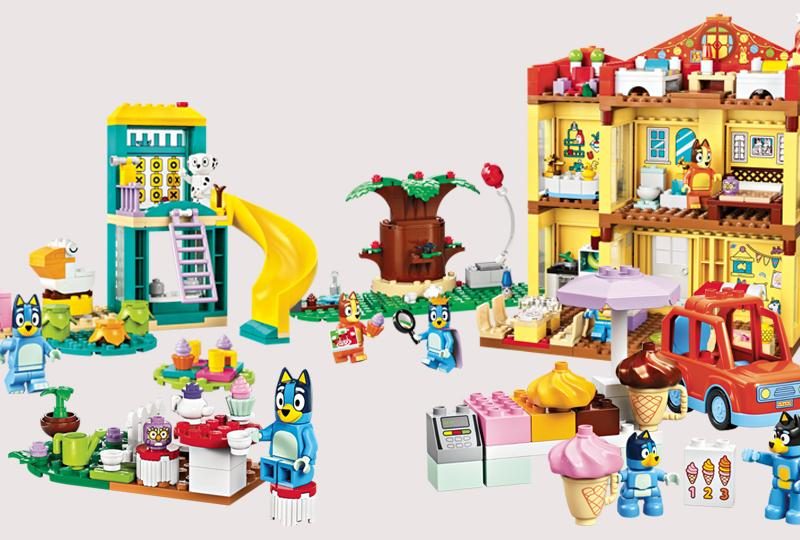The meaning of behaviour
I was teaching a parenting course on discipline last night, and I asked the class to offer some thoughts on the distinction between discipline and punishment. As the conversation progressed and it became increasing clear that I was recommending an approach to discipline that avoided using punishment as much as possible, one of the parents raised his hand. “Then how,” he asked, “do you get kids to obey.”
This is a real concern for many parents today, because they don’t want to continue the example of punitive discipline set by their own parents, but they have no other strategies “to make kids obey”. They have learned that corporal punishment isn’t effective in the long term and that it can be damaging to kids, but they’re unsure how to produce obedience in any other way.
The problem is, as I told the class last night, is that although we’ve gotten rid of the idea of parenting through punishment, we haven’t gotten rid of the goals that went along with that parenting style. We don’t spank to make kids obey, but we still think the end goal should be obedience. We don’t use physical or emotional violence, but we’re still focussed more on enforcing behaviour than on actually discipling children.
The word discipline comes to English from Latin, and it has to do with teaching. We get the word disciple from it, which retains a lot of this original meaning, describing someone who is dedicated to following the teachings of a master. When we talk about disciplining children, therefore, what we mean is that we’re teaching or educating children.
Part of discipline is, of course, about behaviour. Children need to learn about which behaviours are morally wrong, which are socially unacceptable, which are physically or emotionally unsafe, and which are practically ineffective. This behavioural stuff is obviously important, but it’s only a very small part of discipline.
It’s equally important to help kids identify and cope with deeper issues that might be producing poor behaviours, to establish routines that allow them to be healthy and rested enough to make good behaviour choices, to build strong communication that gives them a way to express emotions positively rather than acting them out negatively, and so forth. Making kids obey by imposing consequences should be a last resort, used only when everything else has failed.
For example, my youngest was hitting his friends and siblings recently, without any apparent provocation. My standard response to this kind of incident is to have the child sit with me until he’s calm, talk with him about the way his actions make the other person feel, offer him options about what he can do the next time he feels frustrated, have him do something nice for the other person by way of making amends, and put away any objects involved in the hitting for a week’s time. In this case, however, these responses weren’t having the desired effect.
So I poked a little deeper. When he was calm and on his own, I asked him about how he was feeling, whether there were things that were making him feel angry or sad, whether everything was okay at school, and so forth. It didn’t take too long for him to articulate on his own that he was feeling a lack of attention. He talked about how both parents and grandma were too busy to read stories lately and about how the parents took bigger kids to do things like soccer in the evening but he had to stay home.
When he was done letting all that out, I encouraged him to talk about these feelings with me when they came up, to ask for attention in good ways rather than try to get it in ways that might hurt people or break things. I apologized for letting myself get too busy. I made a date to go to an art program with him, and he promised to try not to hit when he was feeling frustrated.
This part of discipline is the most important part. I could have dealt with the surface behaviours forever, getting more frustrated all the time, and never gotten any closer to solving the real problems. It was only when I started looking for the meaning of his behaviour that we found a way to fix the root issues together.
Some behaviour is just kids being kids, of course, but many behaviours, especially repeated behaviours, are symptoms of deeper issues. They might mean that the child has had too little sleep, has eaten too much junk food, or is feeling unwell. It might mean the child is feeling unloved, unattended, or unimportant. It might mean that the child is struggling with something at school, or enduring some bullying, or coping with big life changes.
Whatever it is, good discipline is about helping kids to identify these things, offering strategies for coping with them, and encouraging them as they work through them. The more parents provide this kind of discipline, the less they’ll need to worry about just making kids obey.







